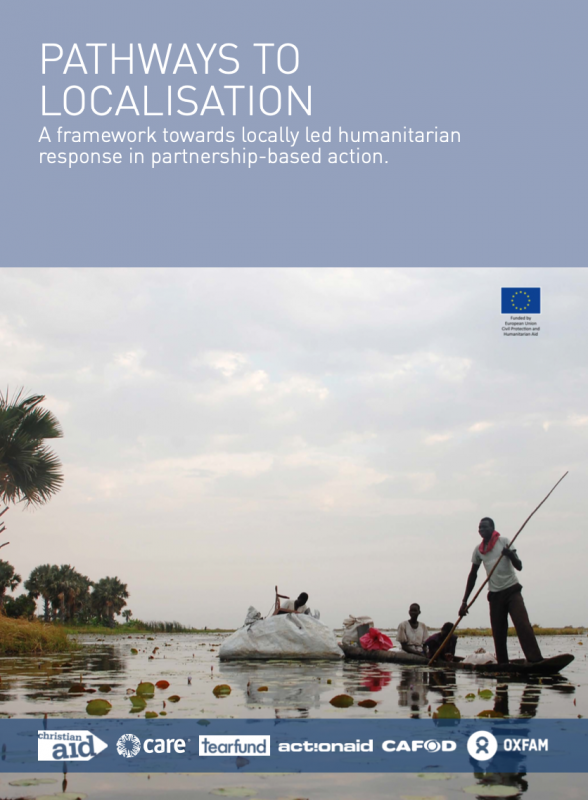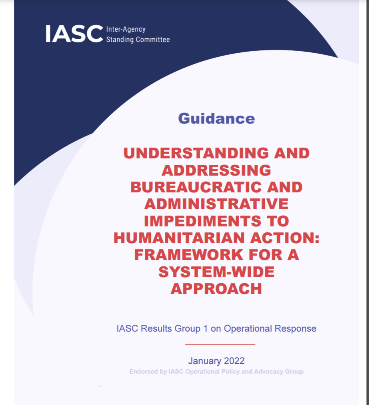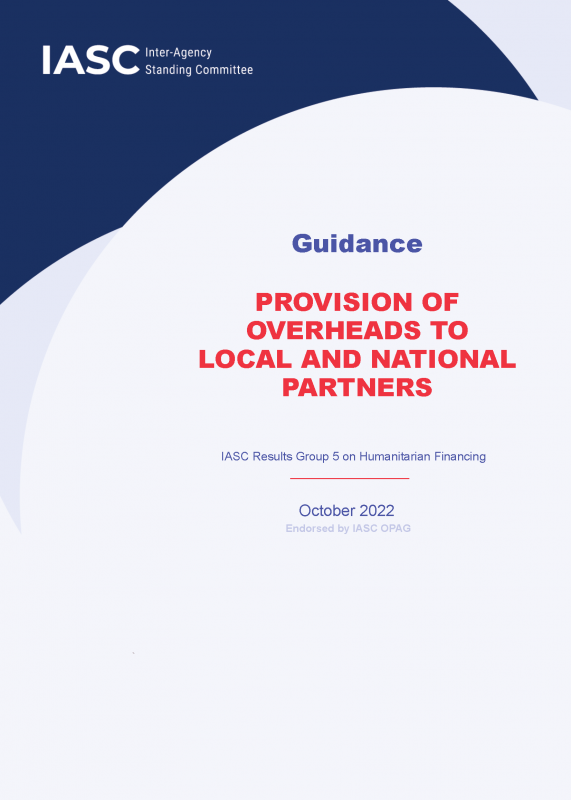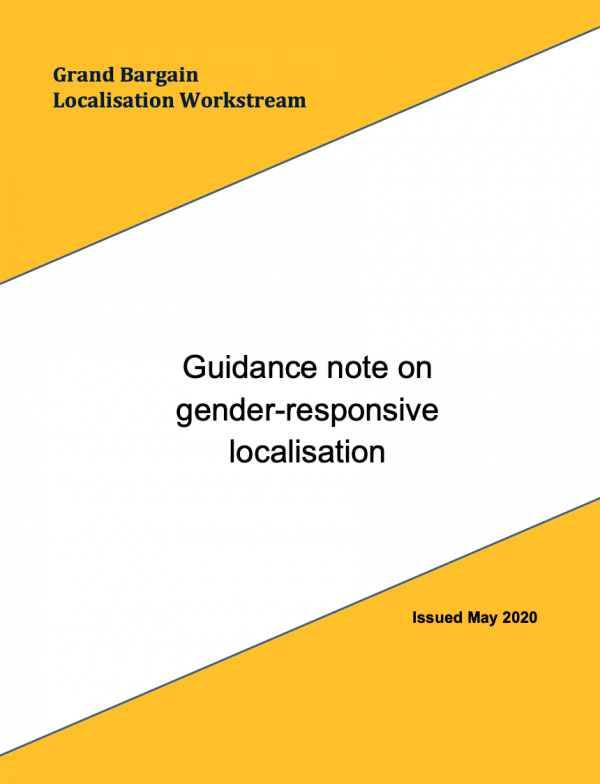
PATHWAYS TO LOCALISATION - A framework towards locally led humanitarian response in partnership-based action.
Localisation
Pathways to Localisation, presents a synthesis of the common areas across the four national localisation frameworks in a Global Localisation Framework in two areas: 1) actions for partnership-based humanitarian action; and 2) actions for an enabling environment for localisation. Actions, and...




